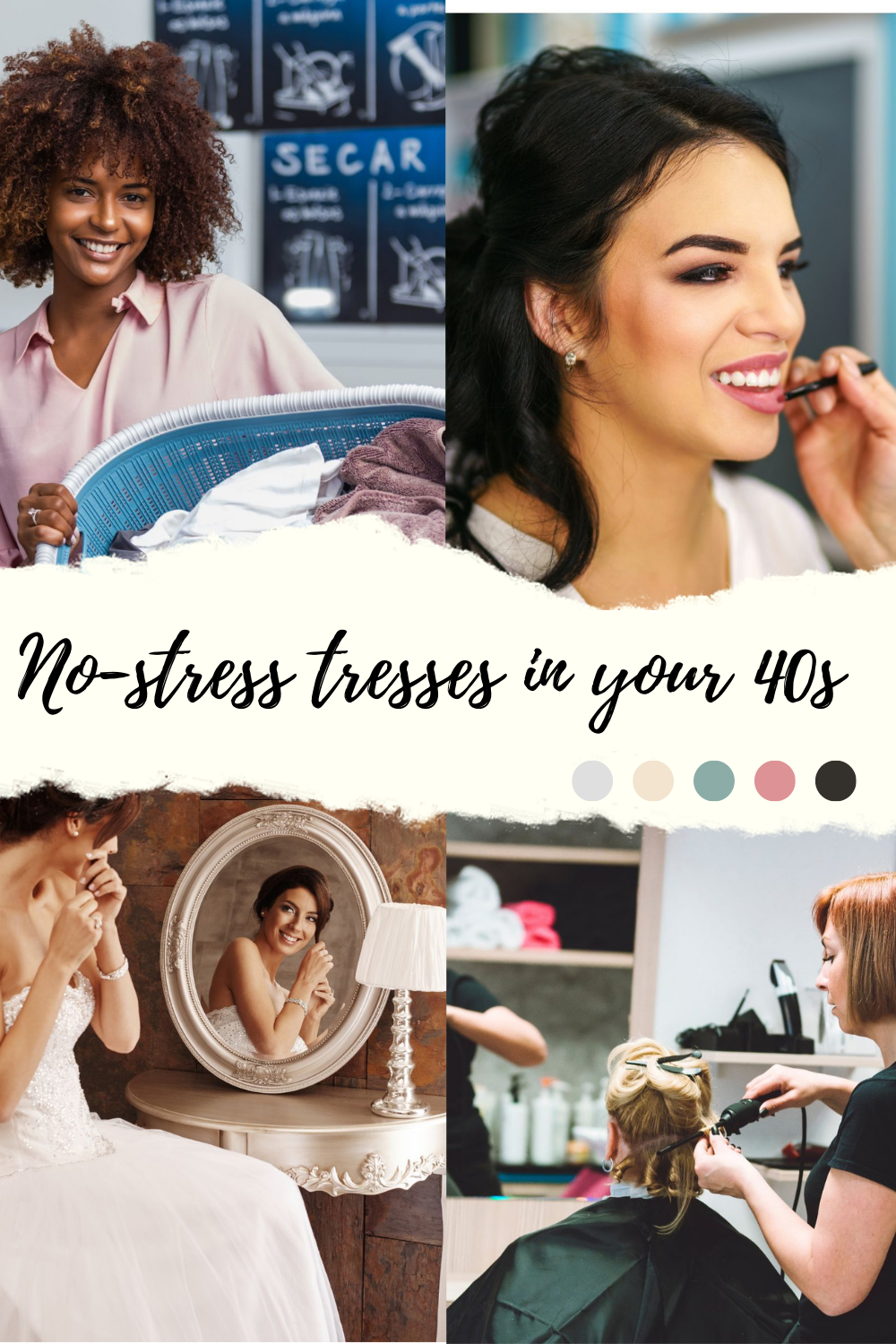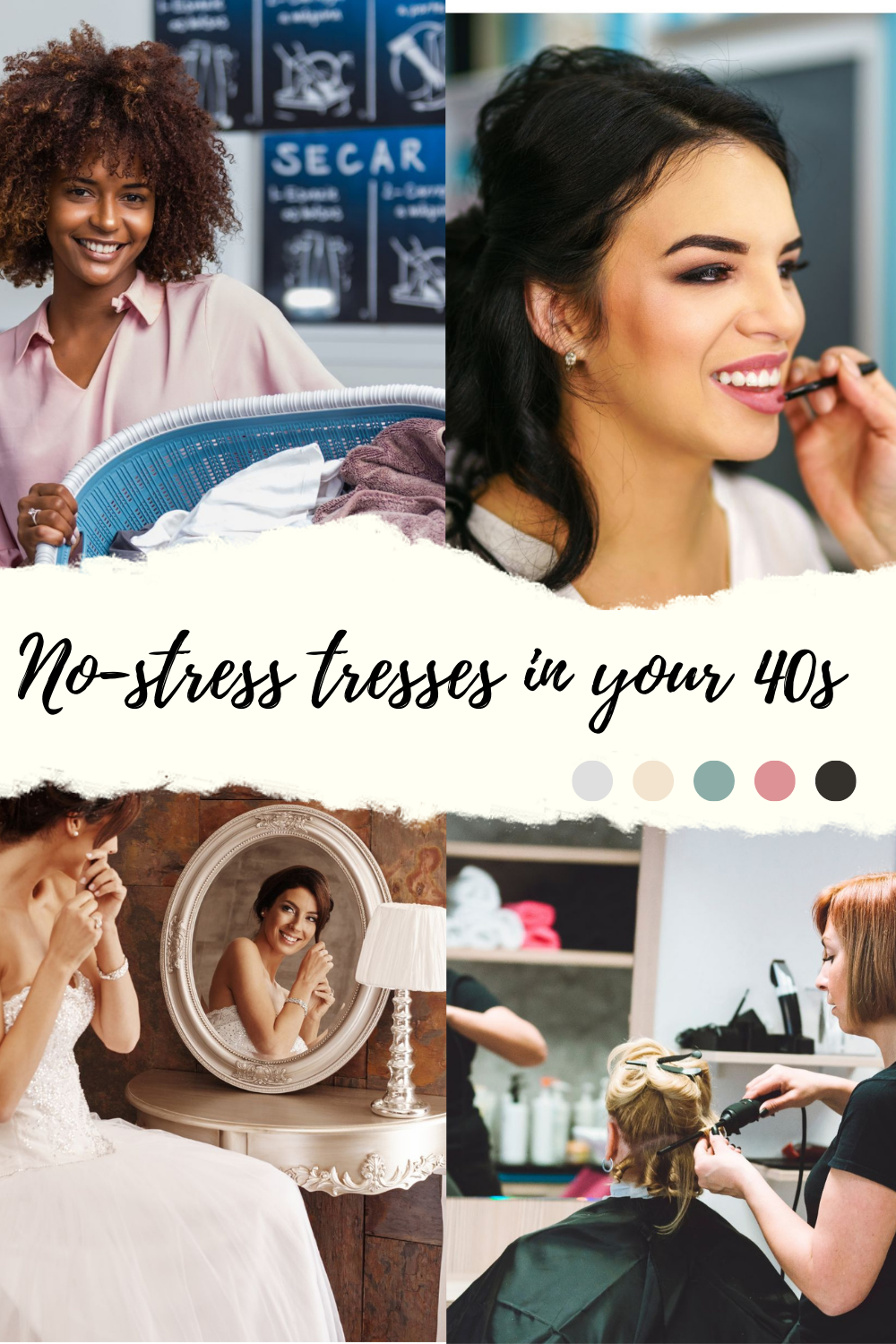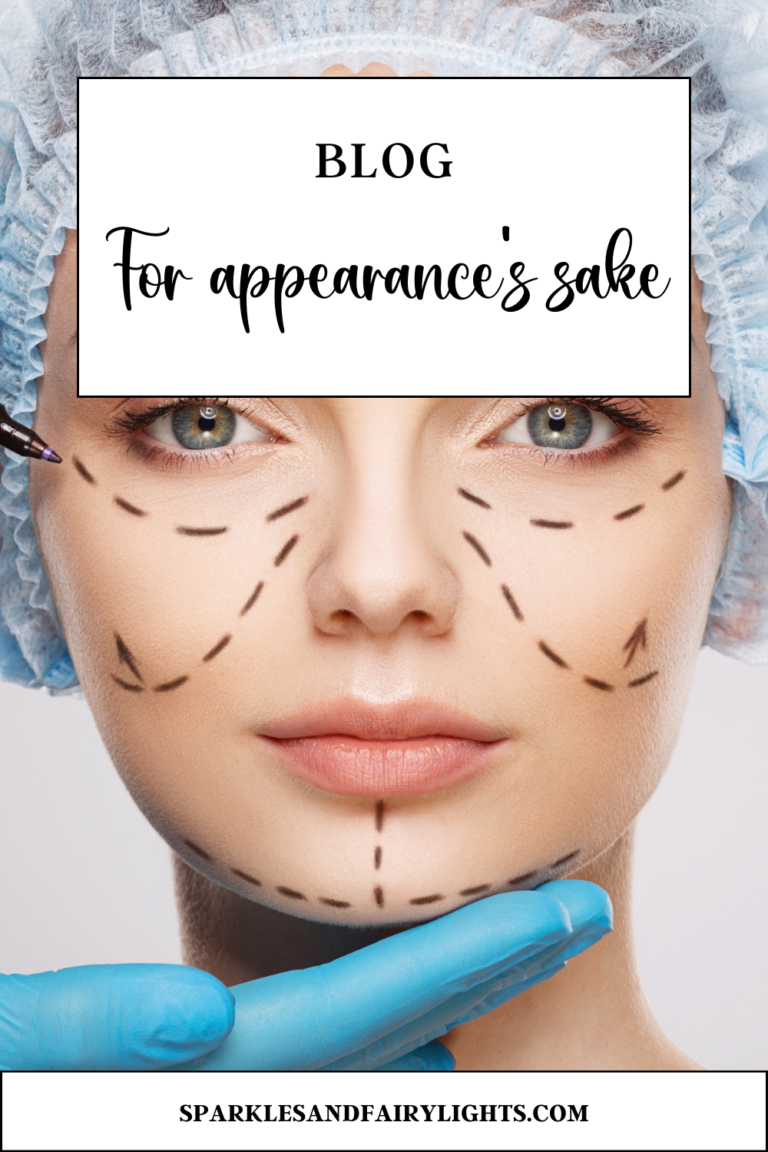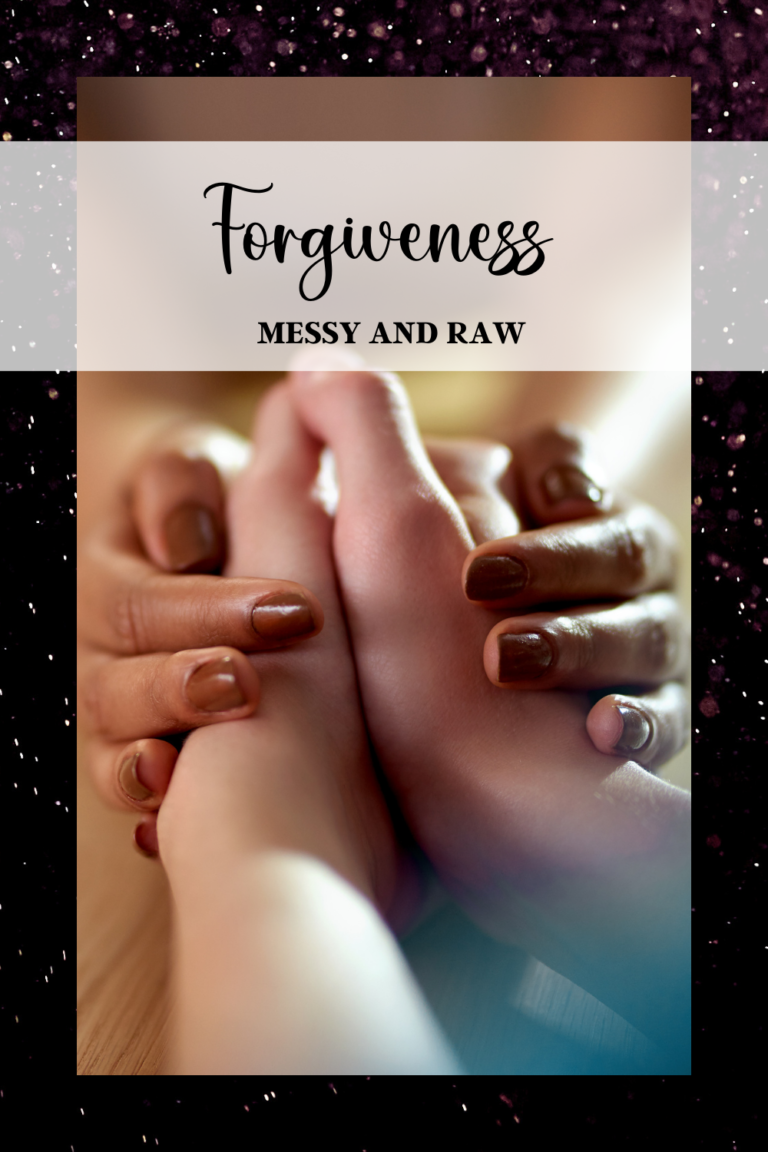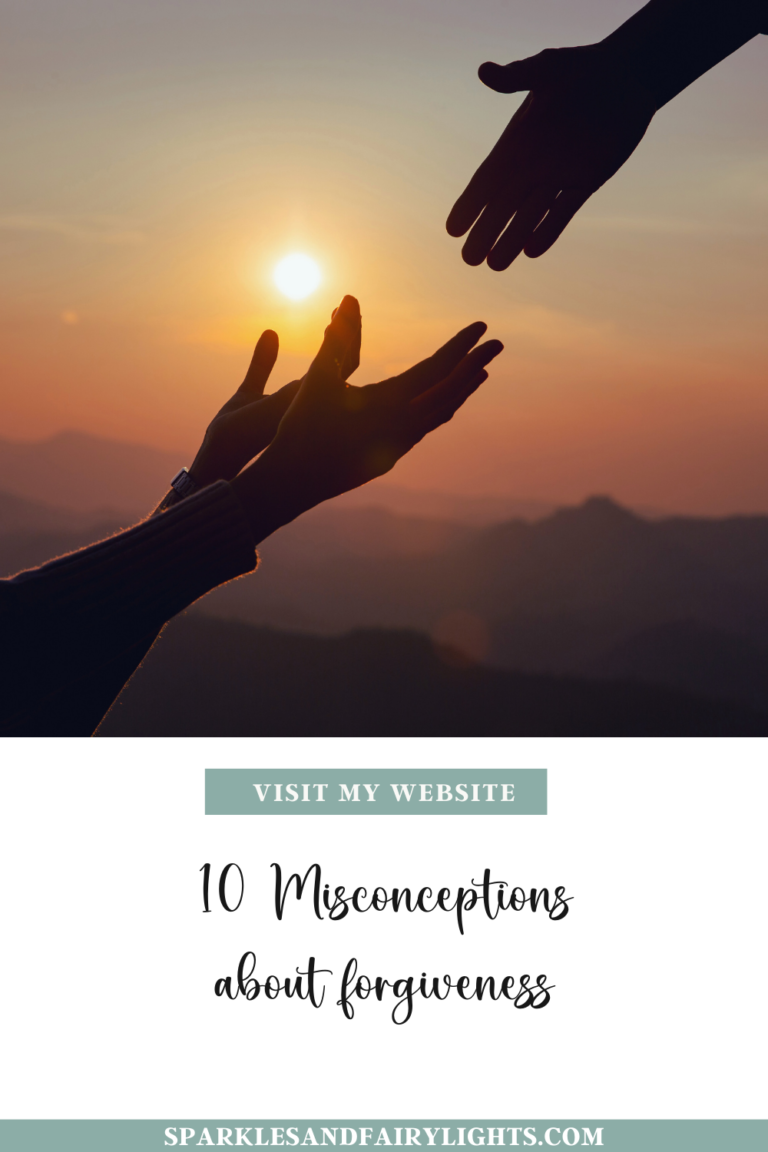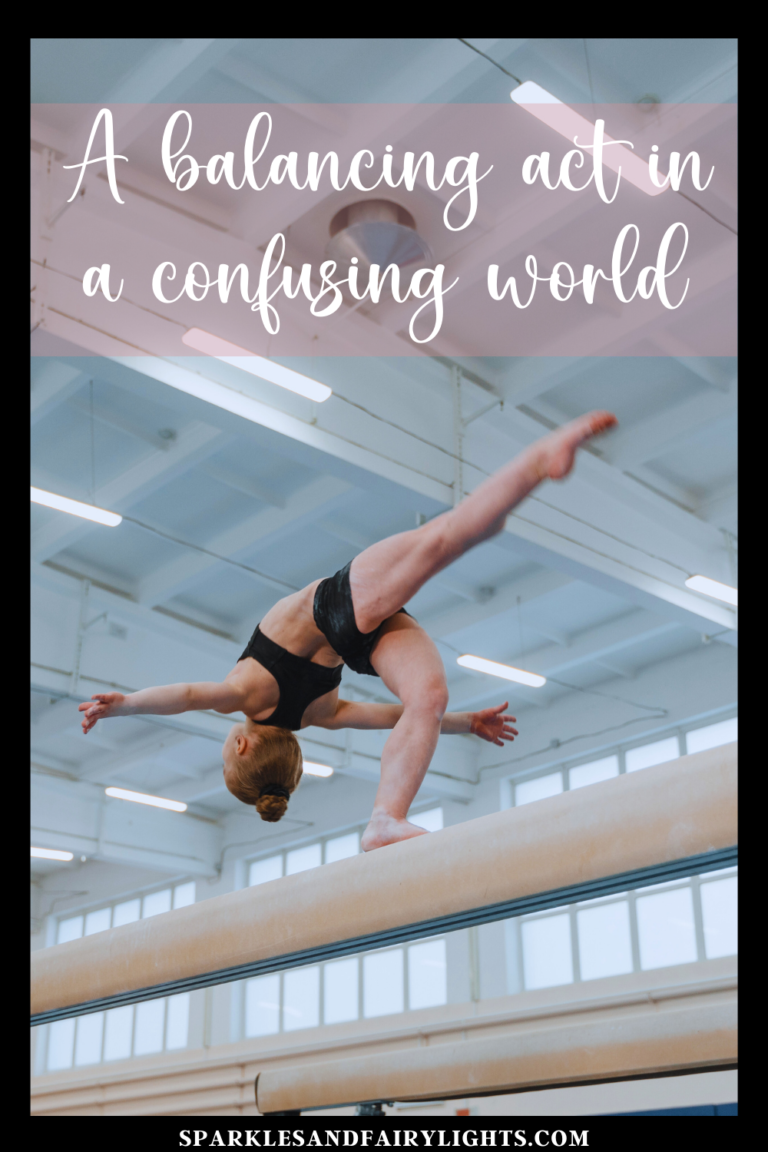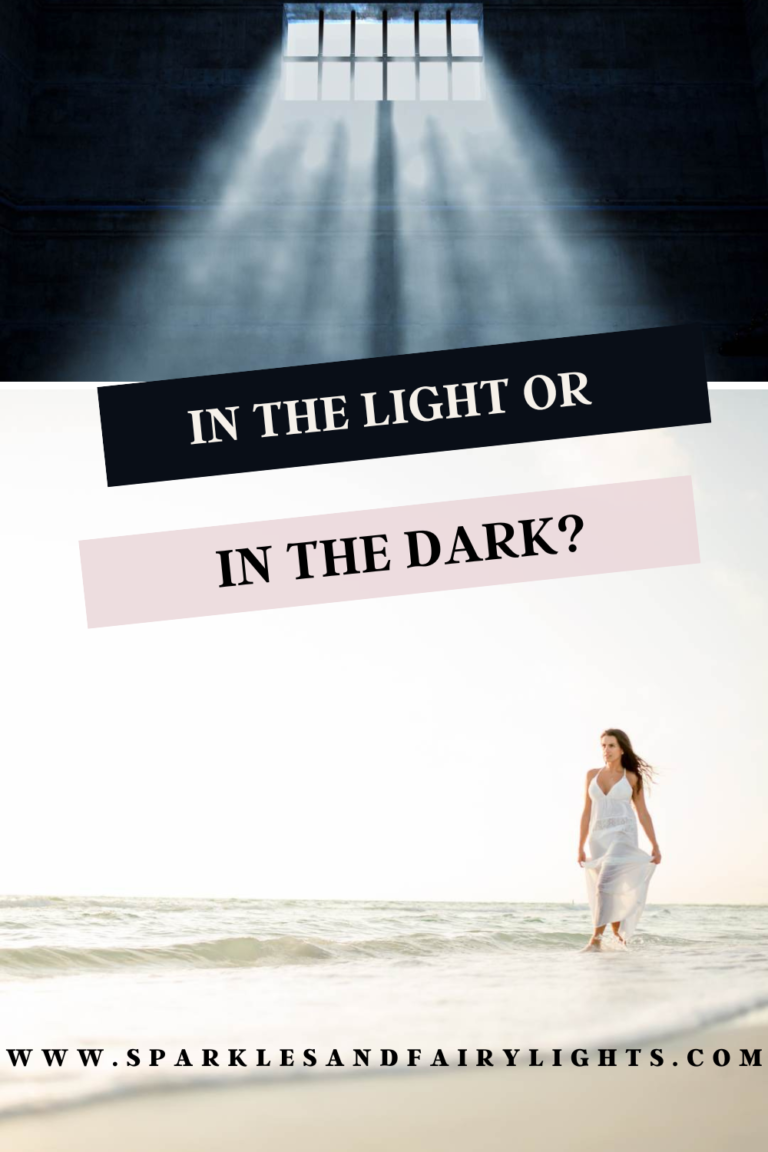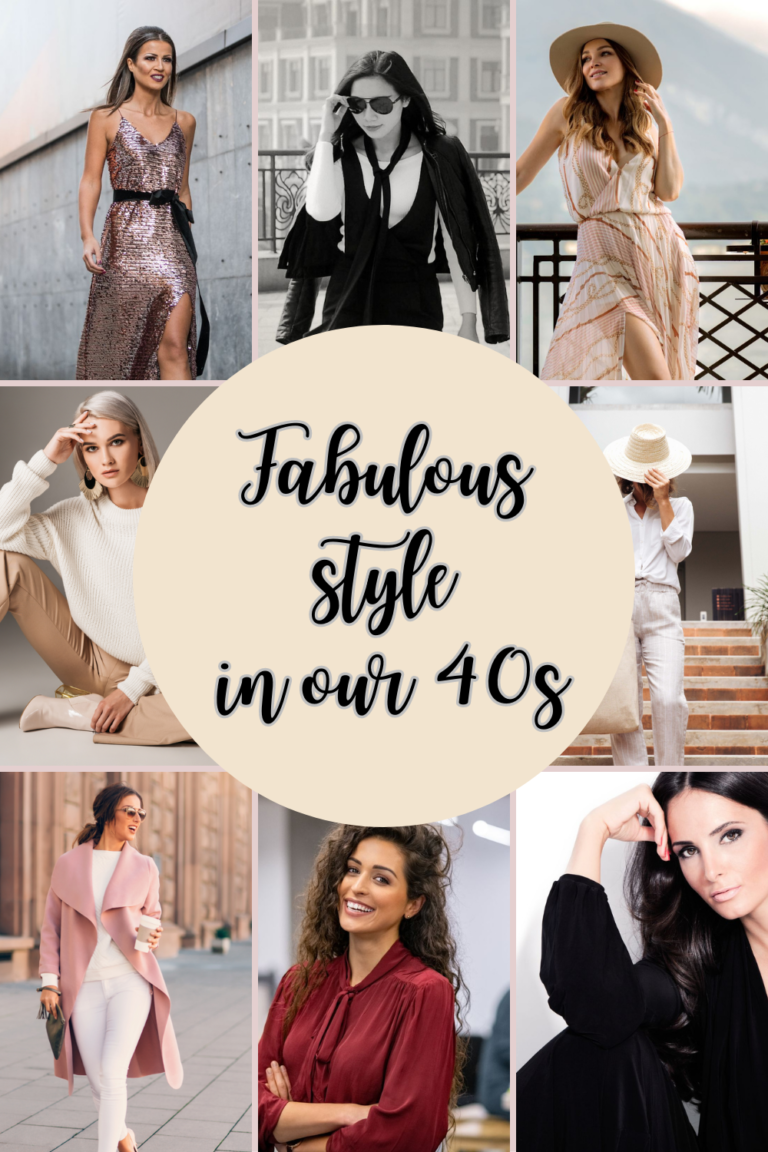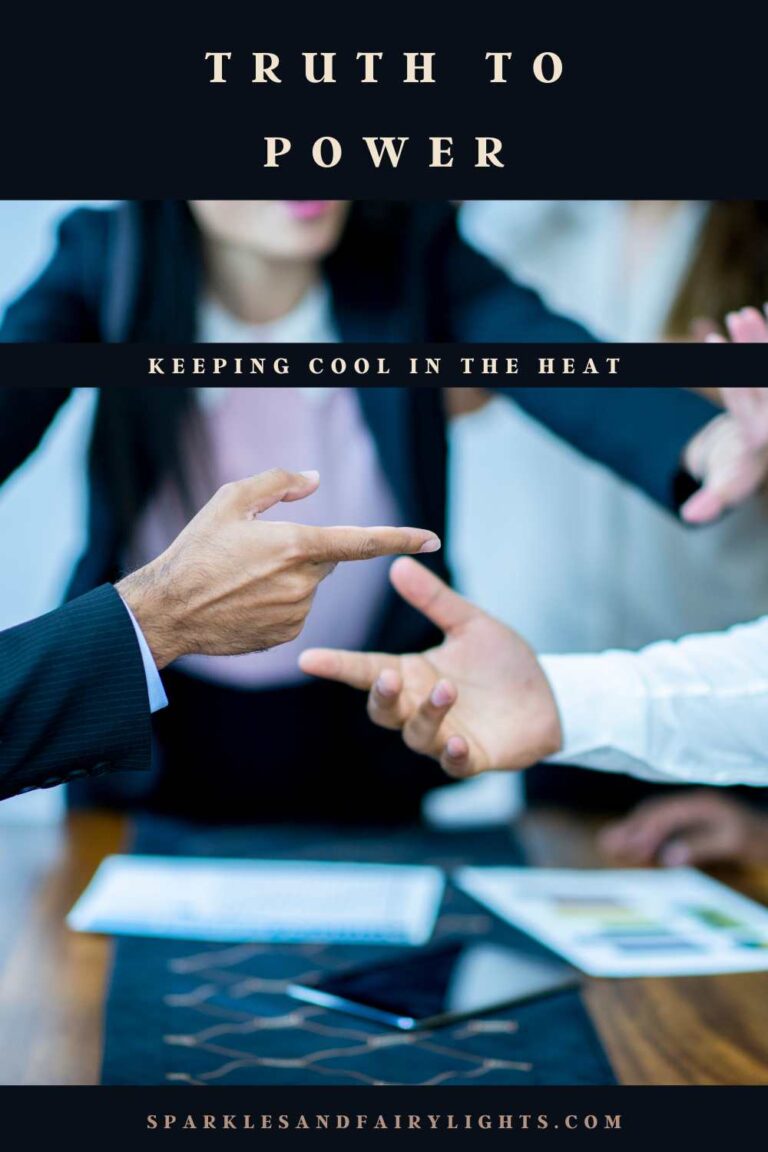No-stress tresses to match beautiful dresses



Since we have been discussing the topic of beautiful shoes, dresses, etc., we need #hair to match don’t we? It is definitely not known as a woman’s crowning glory for nothing.
Beautiful hair has always provided enchantment and admiration. Think of the legendary Brothers Grimm fairy-tale character, Rapunzel, who so many little girls are introduced to as they are growing up; or the glowing beauty of lustrous locks on women like Jane Seymour and Diana Ross.
What about the chignon of Aubrey Hepburn that whispered classy in Breakfast at Tiffany’s or Grace Kelly’s famed classically glamourous hair; the outlier hairstyle of Bond Girl Grace Jones? Not convinced? Consider the ultimate 80s hairstyle sported by Tina Turner who simply wore it the best. And who can forget “The Rachel”, the iconic hairstyle worn by one of the world’s best Friends at the time, Jennifer Aniston.
I think you get the gist. It is epoch-defining, consider the #hairstyles of the 50s, we immediately think Marilyn Monroe – can you picture her tresses in your mind’s eye? But for women today, it is really about having a great mane of hair – or a pixie cut if you would prefer – as you #age and the #pitfalls you need to be aware of so that you achieve your desired look.

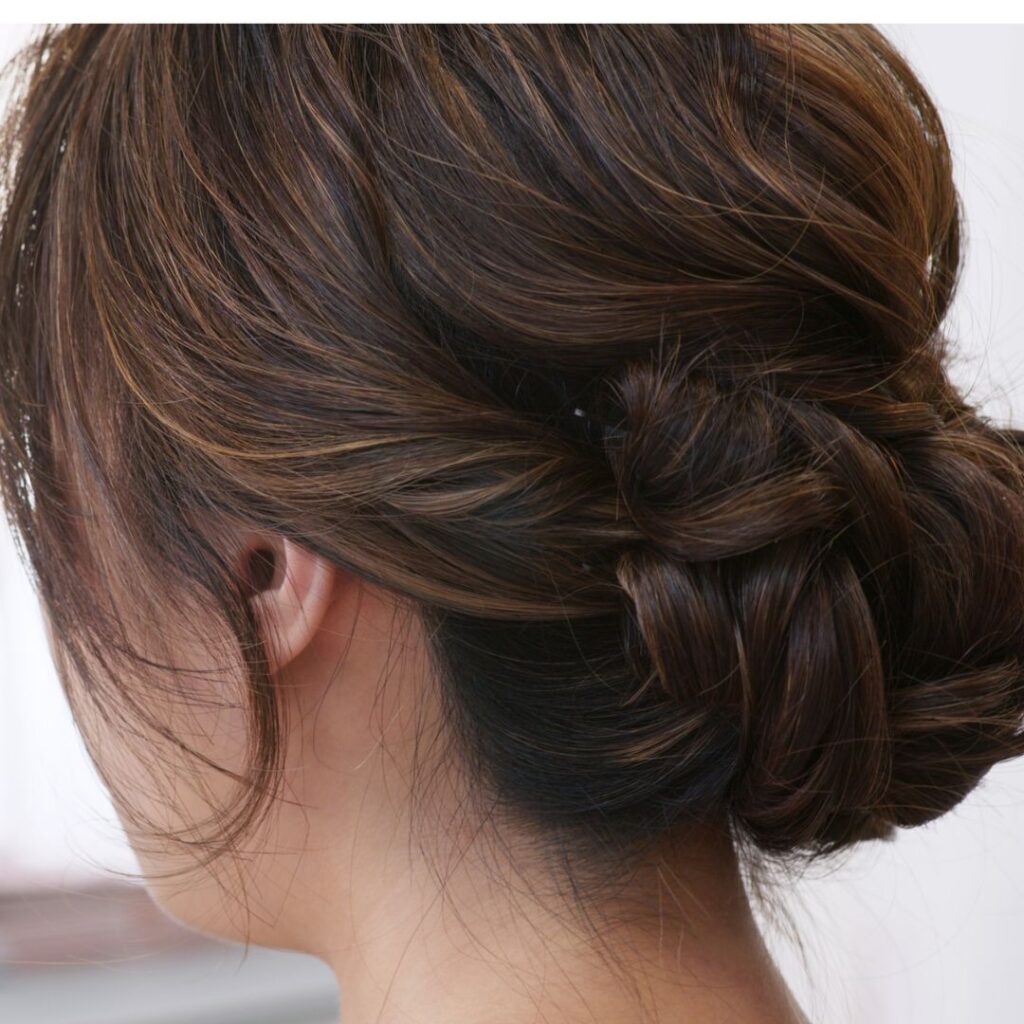

Hair loss and hormones
It’s estimated that 40 per cent of women experience hair loss during and around #menopause. So let’s recap briefly anyway. A phenomenal article by Nature’s Best has some really useful nuggets on this and I quote:
“As you enter #perimenopause, your production of the female sex hormones oestrogen and progesterone start to decline unevenly. Aside from supporting other areas of health, including the cardiovascular system, bones, and sleep, these hormones also help hair growth and keep it on your head for longer.
“As oestrogen and progesterone drop, hair #growth is slower and hair becomes thinner than before. Over time, the decline in these hormones triggers an increase in the male sex hormone, testosterone, which causes hair follicles to shrink.
“Slow, progressive hair #thinning can lead to female-pattern hair loss. The first signs may be increased hair shedding when brushing or washing, hair thinning, or dry and brittle hair. It’s possible that your parting may widen, too.”
The site provides recommendations about what you can do to stop hair loss during menopause including limiting stress, increasing your iron intake and upping your zinc, etc.
Aha moment
Having covered that, I want to tell you about an aha moment involving a cosmetologist that changed the trajectory of my own journey with my head of hair. But first, I must confess that taming my hair has been a lifelong struggle.
I may have very fine hair but apparently according to the hairdressers who have helped over the years; I have a lot of it. The texture is relatively coarse and my hairdresser refers to it as having tight curls. It has always seemed to have the upper hand, and instead of being my crowning glory, has often been that part of me that I was not particularly proud of.
One day, a good few years back, my sister was doing my hair when she remarked that there was a noticeable thinning of my hair. At the time, I had been experiencing anaemia and was aware that the condition contributed to hair loss. But I really took notice when I saw strands coming out in my hands more regularly and the effect of it all was starting to show.
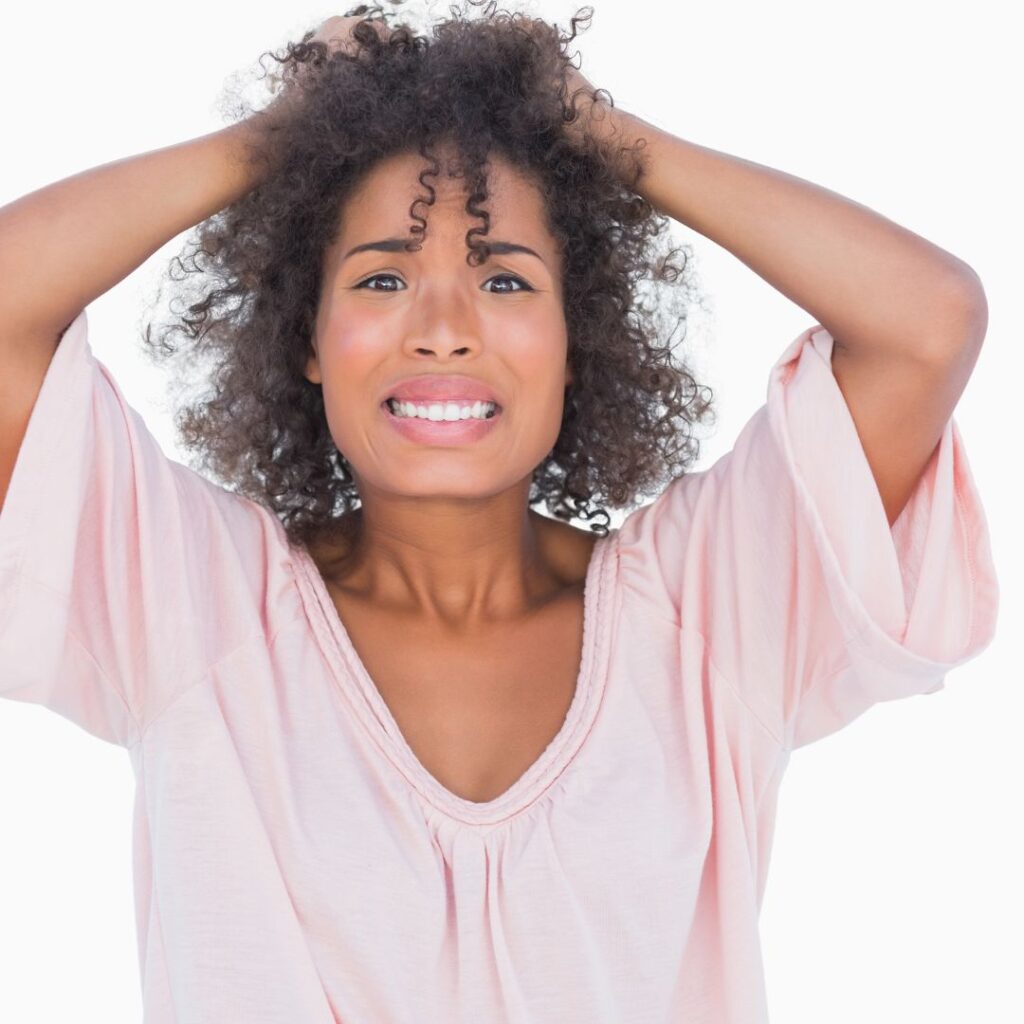
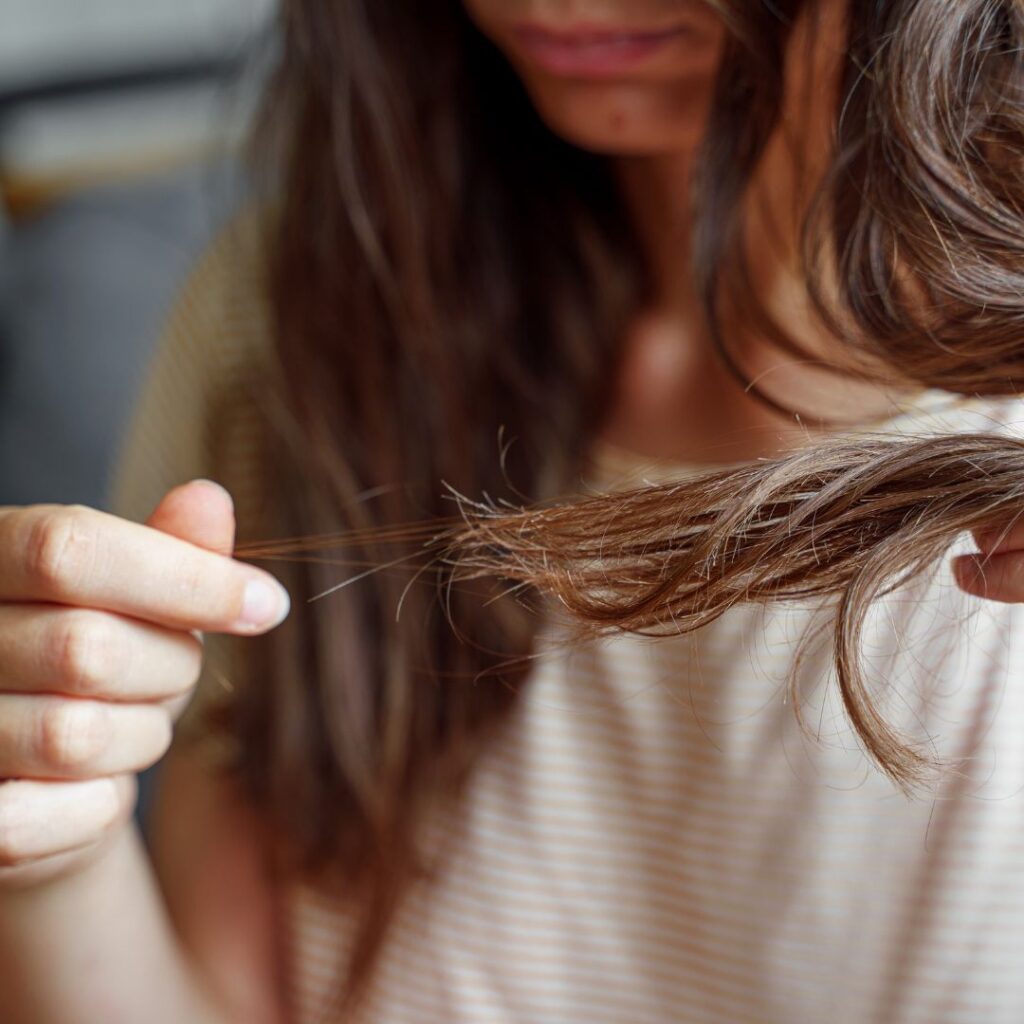
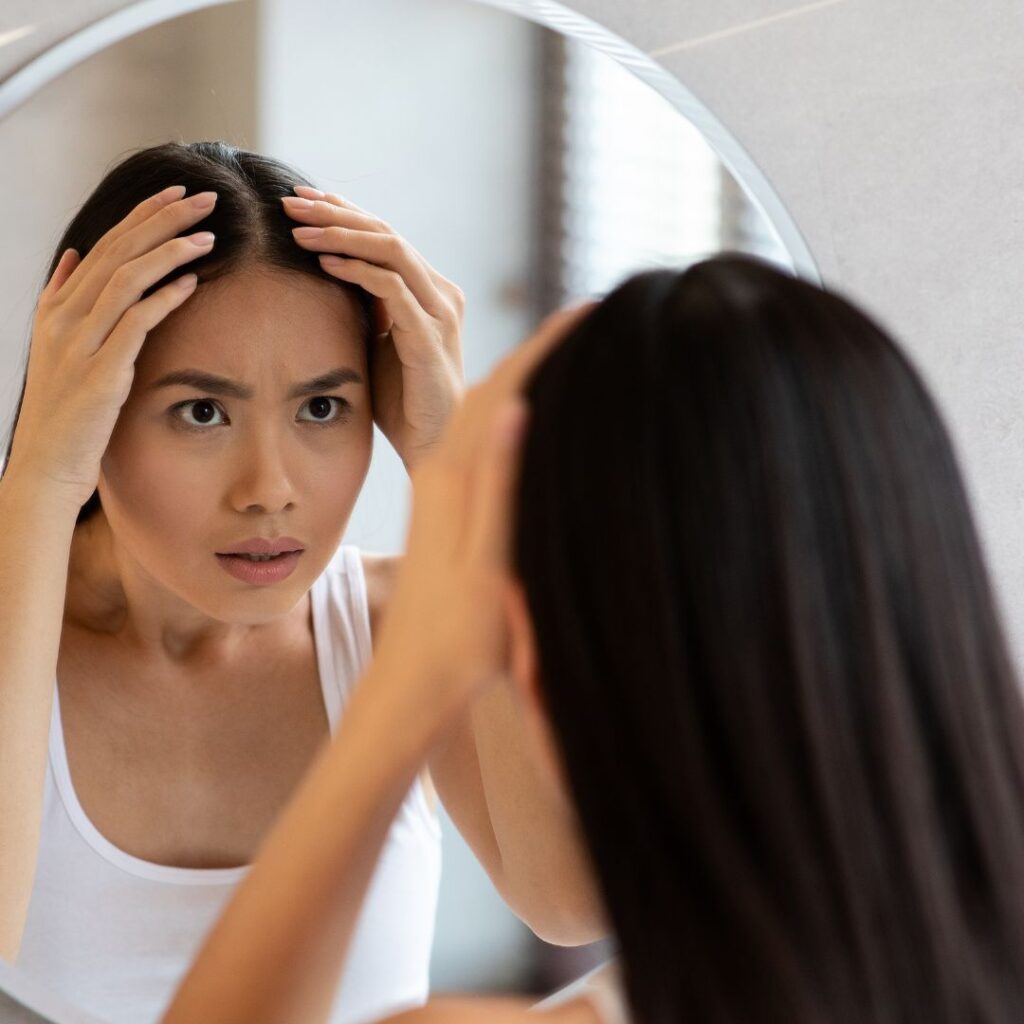
Rediscovering oil for the hair
And so it became a catalyst for what felt like an epic journey to finally figure out how to look after my hair properly and restore the hair loss I had been experiencing. After decades of being alive, I felt that I owed it to myself to finally figure out my hair and feel confident when I have to go out and not worry about dryness, the frizz and looking unkempt basically.
Every one of which detracts from your look. I scoured the Internet to find solutions for my hair. I happened on some supplements, proponents of eating organically and all kinds of advice to grow lustrous locks and maintain the health of my hair.
But one day, bang, I stumbled across a blonde cosmetologist, Tammy, in her late 50s residing in the United States and I saw something I assumed only people of colour did. She mentioned all the oils she was applying to her hair on a daily basis, and mind you, she also washes her lustrous locks every day.
Now putting oil on your hair to combat dryness in a bid to nourish it does not work if it is just going to sit on top of the strands especially for my texture. It has a glistening effect but does not help if it does penetrate the hair shaft and the thin film on top of the strand merely coats it creating an oily effect instead of being nourishing.
New routine
That is why her story and experience made me sit up in my chair. Her hair routine is intense and not one that I would readily recommend, but she showed me the importance of using oil for the hair. She recommended great oils, I believe suitable for any hair type, but the point is that one needs to let it absorb into your hair and scalp in order to get results. Work the oil into the strands and allow it to penetrate the hair shafts as you sleep or pre-treat your hair for a while before washing. Efficacy and potency right there.
I decided I would put it to the test, using my Mom’s #wisdom – she always said we should use either olive or coconut oil on our hair when we were young. Our parents really knew a thing or two: actually a whole lot. Doing that on a regular basis precipitated a noticeable change.
My hair has been stronger in my opinion, and breakage at the ends has been reduced – which is why I struggled to grow it in the first place – as I had to cut split ends and there was rarely any momentum in growth. Another plus for me was that softer regrowth made it easier to blow-dry my hair. I am still learning such a lot, but I think I can vouch for the premise.
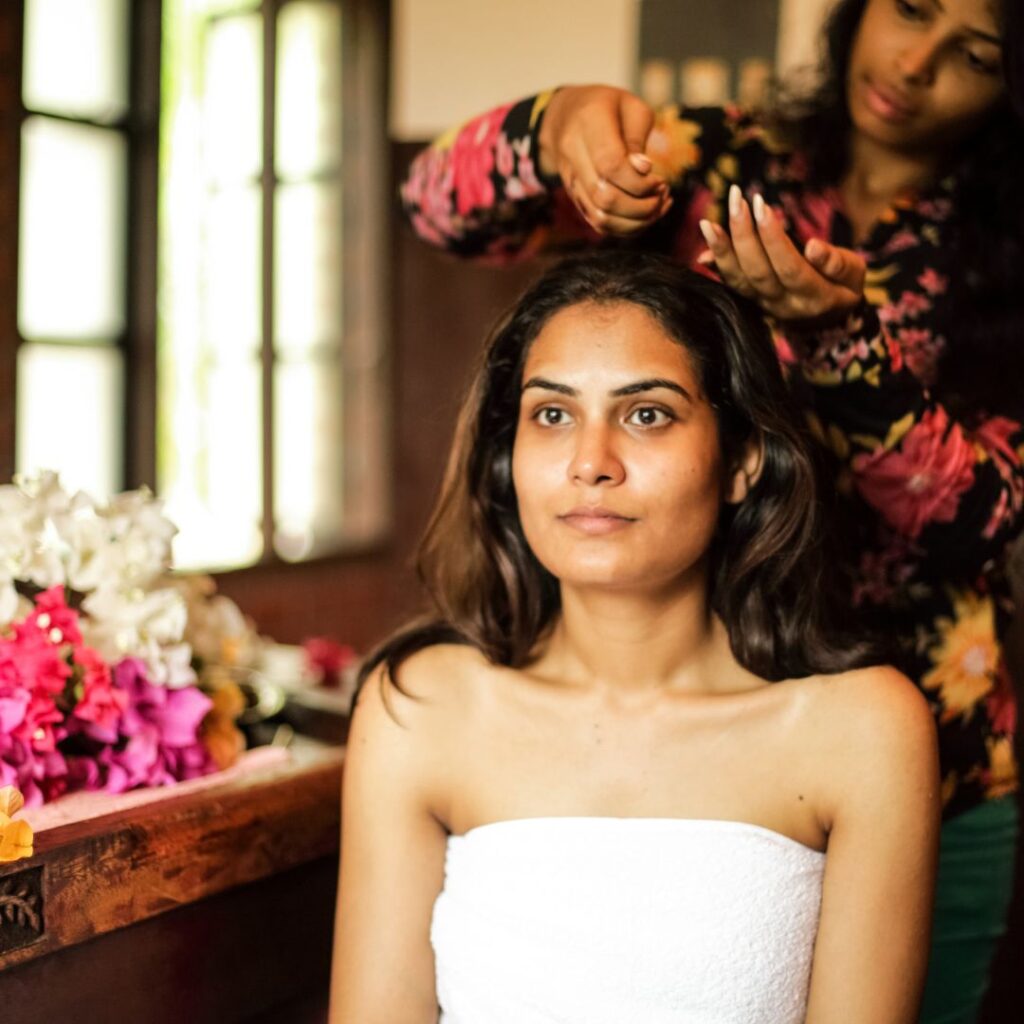
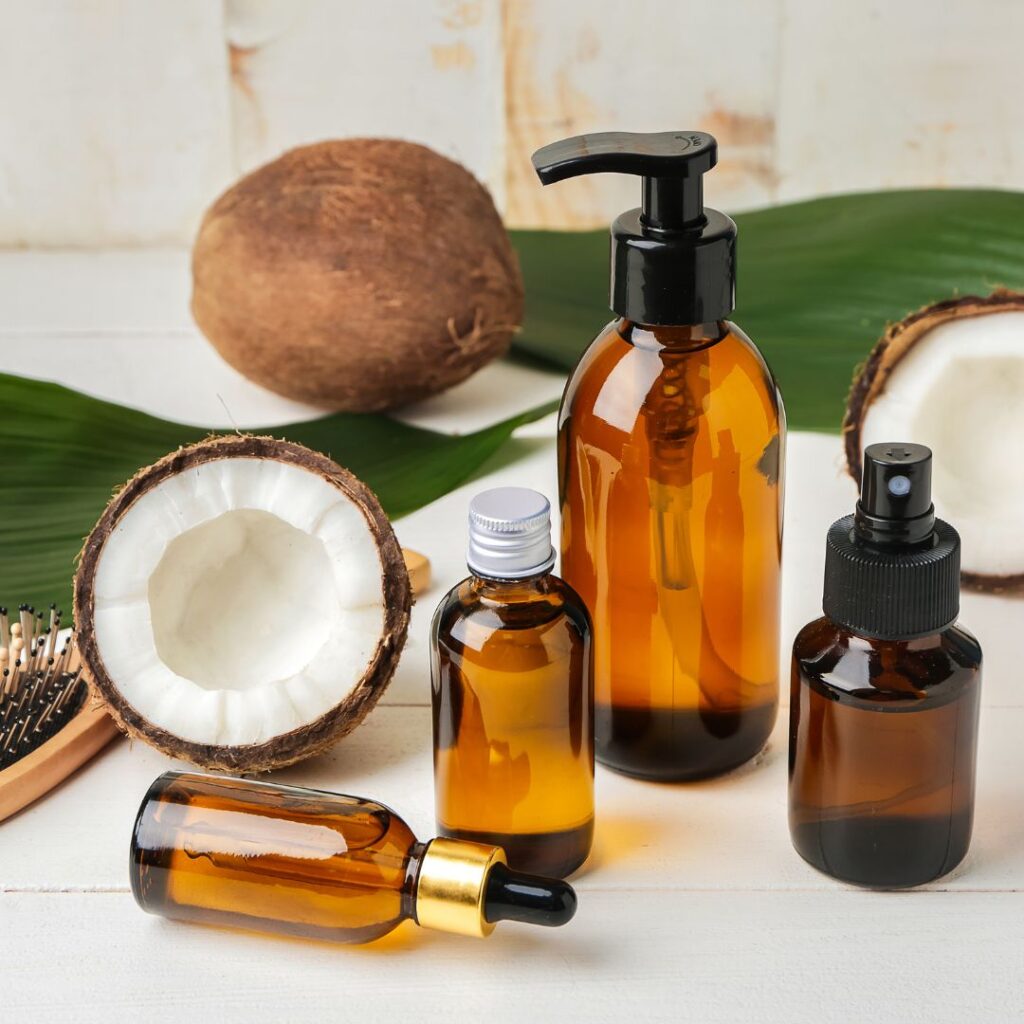

Diet and oils play a role
Of course, #hormones have an effect on the texture of my hair, and of late it became more apparent. To combat this lately, I have made the time to let it really soak in overnight and noticed that there was satisfactory improvement immediately. However, I need to keep at it to ensure that I keep my hair healthy and in good condition.
Besides the oils needed to deeply penetrate and absorb into the hair – some people also use hydrating hair masks for this purpose – you need natural oils and fats to be imbibed through your diet. You are what you eat is as true for your body as for your hair.
The Mediterranean diet has been recommended for this. Please note it is also excellent for your brain as well. A win-win situation so to speak. Across the board, experts also recommend a variety of supplements, not least biotin, which are in addition to a diet rich in omega 3 and a great intake of fish oil and olive oil, plus nuts, avocadoes, etc.
And besides, being frazzled about dry, frizzy, frazzled tresses is not going to help us to rock gorgeous locks to wear with our favourite frocks nor will it promote the wellbeing we all hope for. We need to be aware of the effects of some styling tools, chemicals processes, poor diet, stress etc. can have on our hair and have to be vigilant about reducing or eliminating these altogether.
For some, once the 40-year mark is reached, once lustrous tresses become dull, limp and lifeless. Though hair strands are technically dead, beautiful hair can have a life of its own – you know what I mean.
I have read about women whose thinning manes have caused major trauma because it is such an important expression of a woman’s femininity. Another poignant example is that of cancer patients who have to shave their hair as a result of undergoing treatment; in effect, exacerbating the private heartache and pain. And hair, being a very public symbol of their battle becomes a source of much distress.



Pulling no punches
After turning the magical 4-0, if my memory serves me correctly, I recall a friend not pulling any punches about using relaxers and applying chemical products on my hair. Heat-based hair-styling tools also cropped up. For a girl with my hair texture, that was a bit much to give up and hard for me to hear and bear at the time, to be honest.
But going natural at that point in time did not feel like a real option as my hair has these tight curls requiring some effort to control even on a good day. If you can relate to struggle to even get a comb through the roots between treatments, then you understand that. This alternative, going natural, actually demands a lot of oil and attention, and a different type of upkeep. I have a good friend who has managed to figure it out.
But all these years later, I am so glad that I have been able to find a way to use oils in a different way without entirely stopping chemical treatments and heat-based styling tools. And have so far prevented more hair loss, although I am super vigilant about checking the condition of my hair, taking corrective action when necessary and having the conversations I need to with my hairstylist.
However, there is so much written about haircare including what I would describe as myths. Many people espouse the idea that when you reach a certain age you have to cut your hair. The answer, I believe, is it depends and probably somewhere in between. No need for extremes, but to illustrate, I will provide you two examples and then you can chew on the idea for yourself.
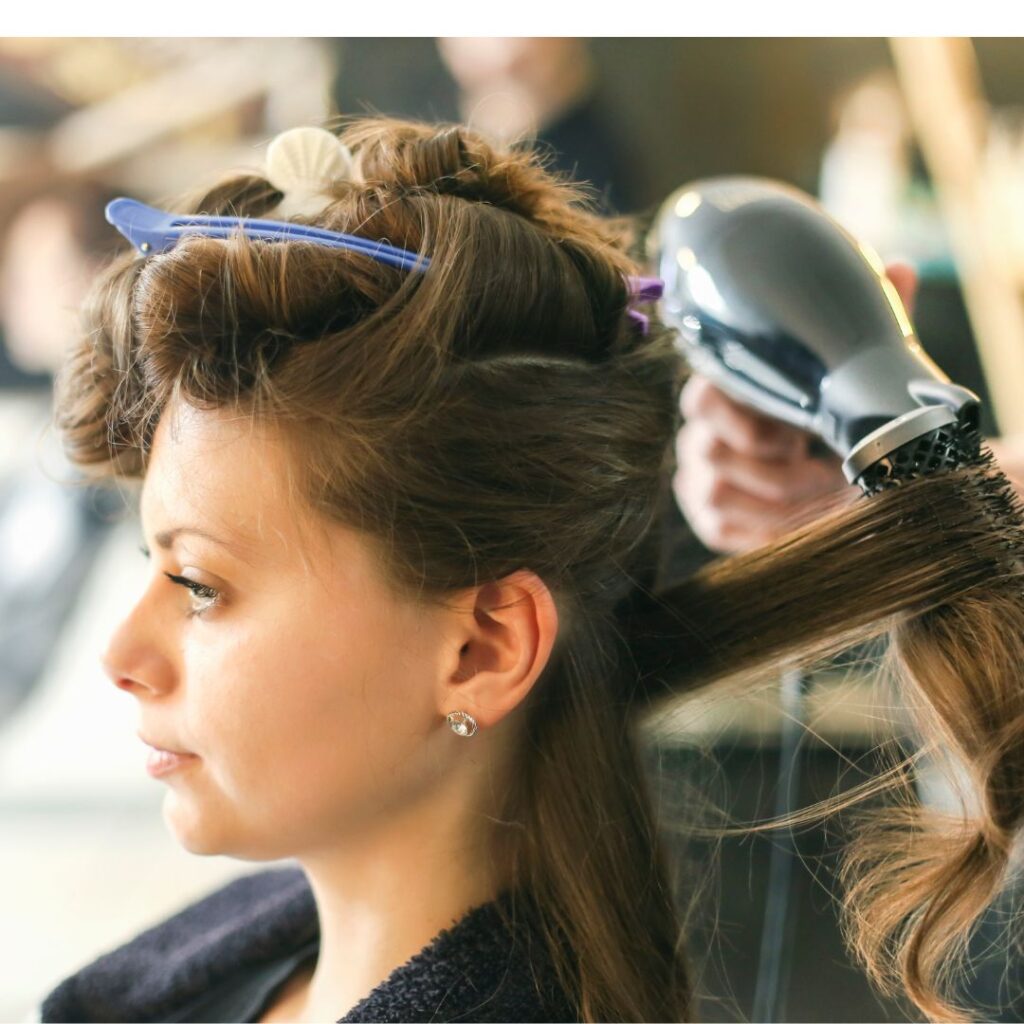
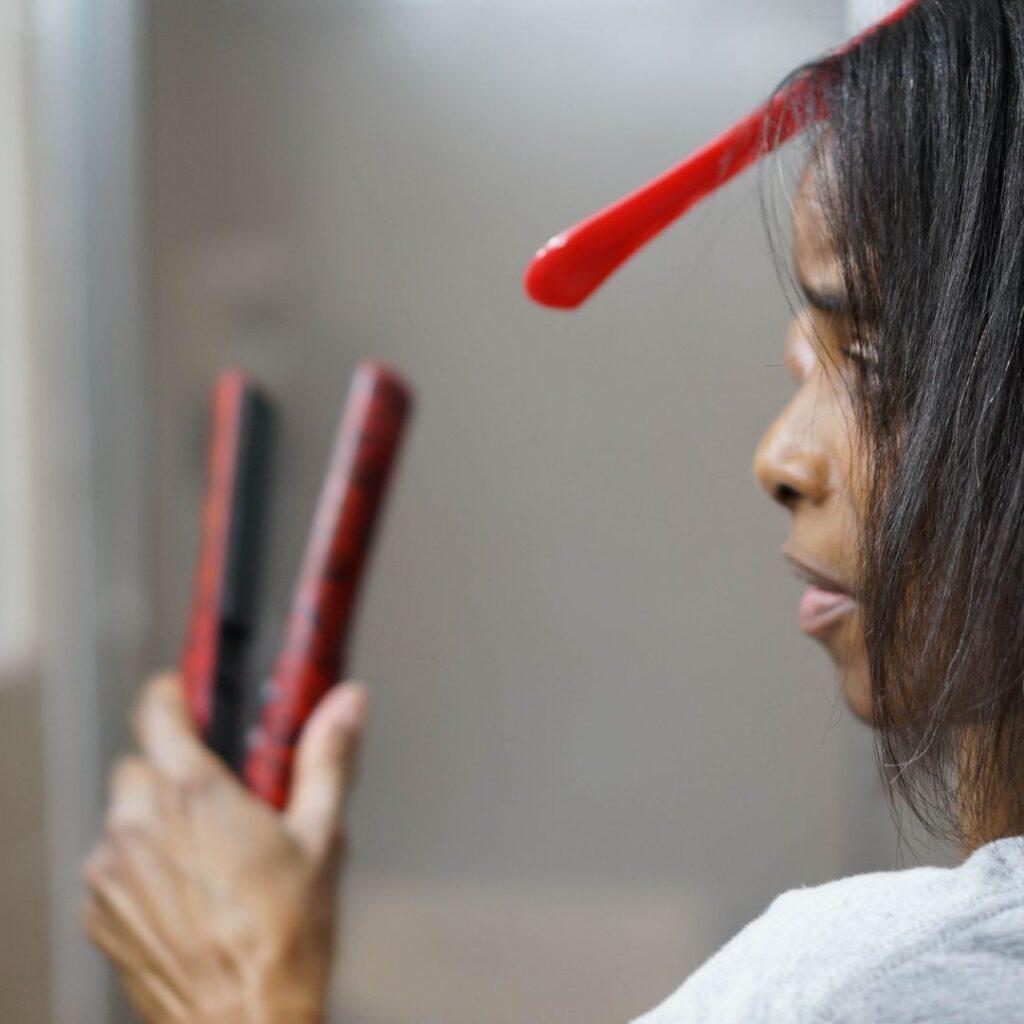
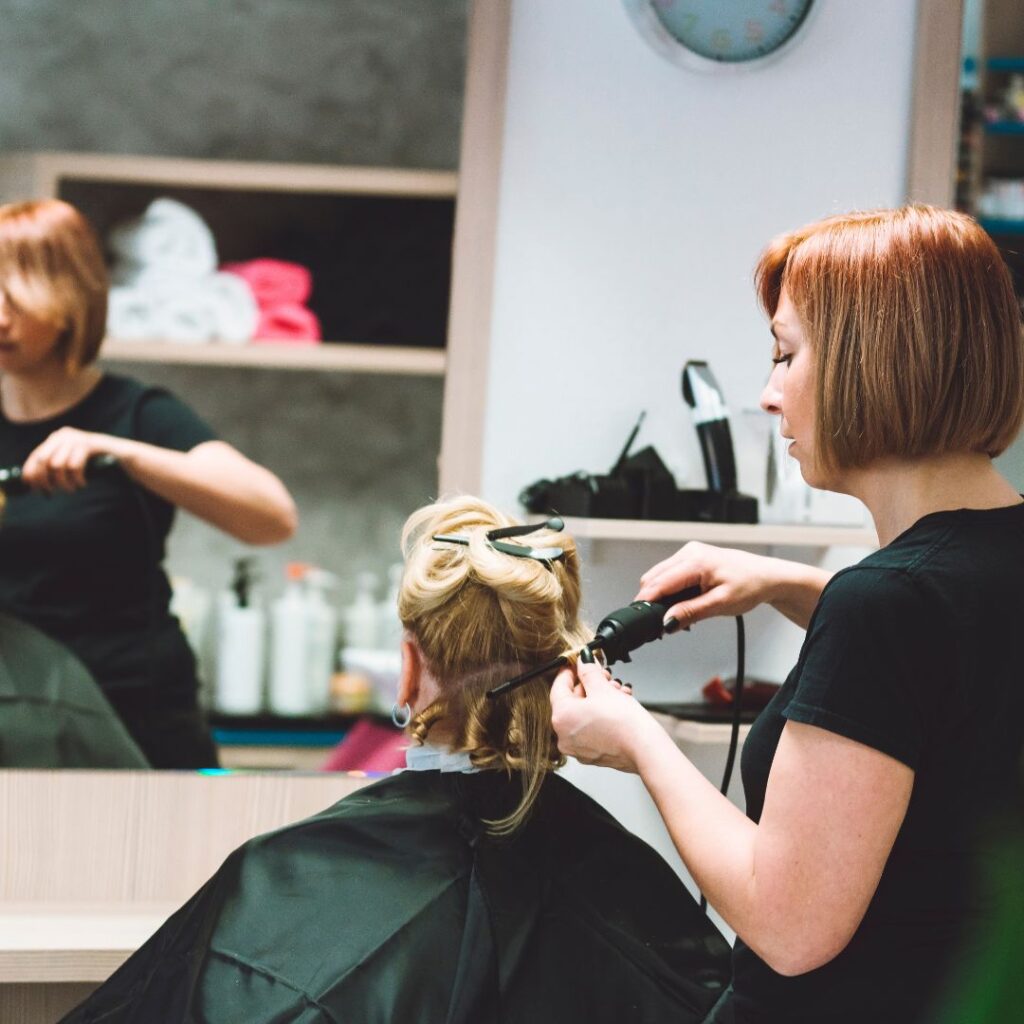
The long and short of it
Dominque Sachse, one of my favourite influencers over 50, and boy she is stunning, believes in having short hair. If I have understood the reasoning correctly, the thought behind it is that it lifts the face at a time when everything is sagging. The natural progression of ageing is for the skin to sag and move downwards and, therefore, to counteract that is to have short hair and produce lift through the cut and move the eye upward. She is the definitive case in point and she rocks, I mean rocks, short hair.
Dominique is such a dynamic proponent of short hair, but also a bit of hair chameleon, as she often changes hair colour. I know that she visits her salon religiously. For the rest of us, who do not have the money to do so, it is probably best to have a chat with our own hairdressers to figure out what works best for us.
But what if you love your healthy, longer tresses? Do you need to cut it? Well, think Jane Seymour who has held out on cutting hers to age 70. I have seen that she is now embracing grey and sporting shoulder-length hair, but it has taken her decades to get to that point. And for good reason too, besides it being her definitive feature, it has also been instrumental to her having a successful career.
So no surprise that at even as late as her late 60s, she felt extremely comfortable with long hair. I think it is important to get advice from loved ones and/or experts who can help us to make such a determination. As long as it suits you, pun intended, you need not go for the chop.



To colour or not
Okay, contentious issue number two. My hairdresser has set me straight on this point. She said that one does not dye your hair; that process refers to dyeing clothes like jeans, but it should be known as colouring your hair.
Jane Seymour has admitted to needing to colour her hair to keep the grey at bay in a The Mail on Sunday’s You magazine article. Colouring one’s hair is also something to consider carefully as it is a chemical process that affects hair types differently. Again, I will recommend caution and a good chat with one’s hairdresser.
We move on to the topic of going grey. It is refreshing to see that more and more women are embracing their grey strands and going grey. Instagram channels include Georgia_goes_grey and Grayisthenewblonde.
A friend who was toying with going grey had a very interesting comment to make on this topic though. She said that if that option became a viable one for a woman, more makeup may need to be applied otherwise a person could end up looking a bit washed out.
I considered it and had a look at women who were rocking the hair trend fabulously and noticed that she probably had a point with that. It seems that a little more colour is required to pull it off. The two Instagram accounts I mentioned feature a number of gorgeous women and seemed to be clear evidence that this was the case. A little bit of lipstick and some mascara, it seemed, can pack a punch and go a long way to enhancing women’s features.
Therefore, colour of a different kind is needed to brighten up the face. Had you thought about that? Another interesting fact to mention in relation to premature greying is that it has been linked to a lack of vitamins like B6 and B12 in those individuals.
As you know, hair strands are dead and you need to make sure that you don’t use brutal chemicals that can burn them or styling products that can fry them. Strangely enough, you need to watch out for sun damage as much as you would for your skin and eyes. Come on, you say, surely not. Well, let me do some quoting for you …

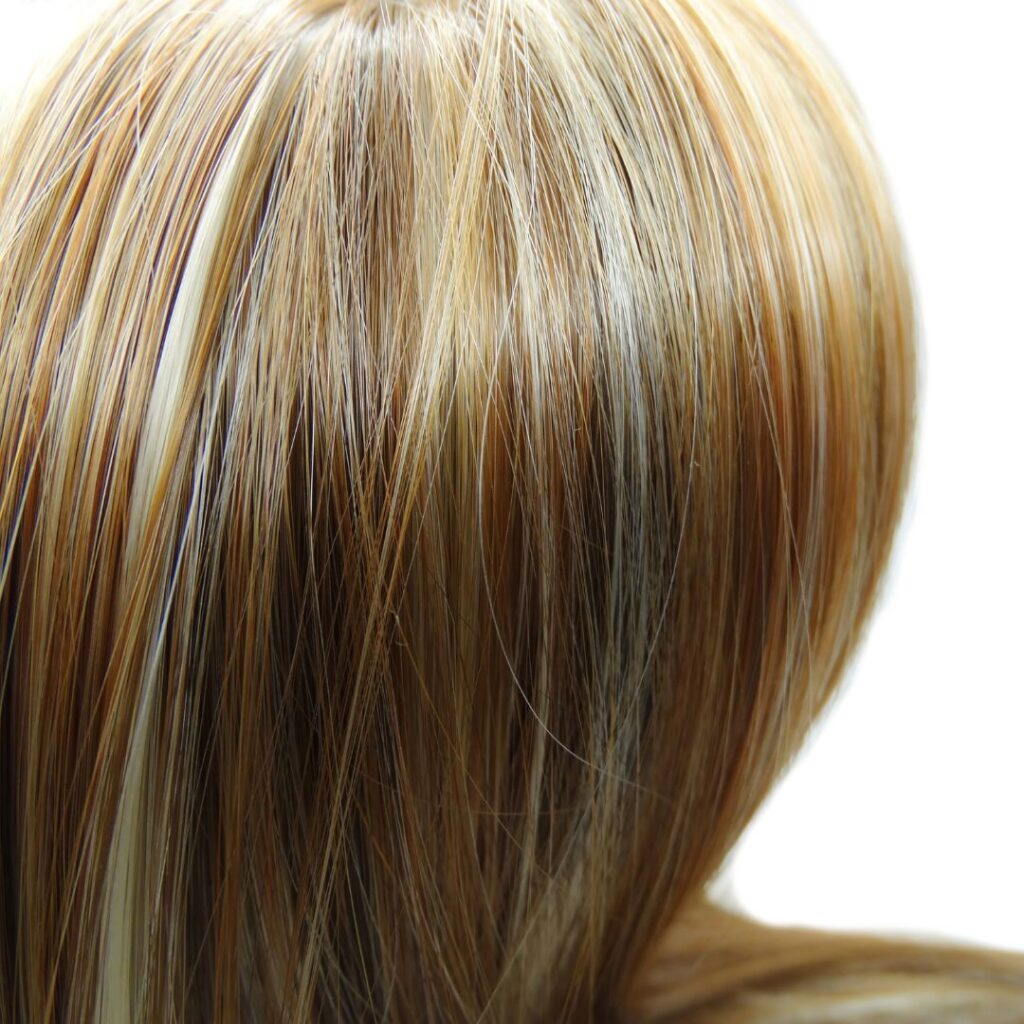
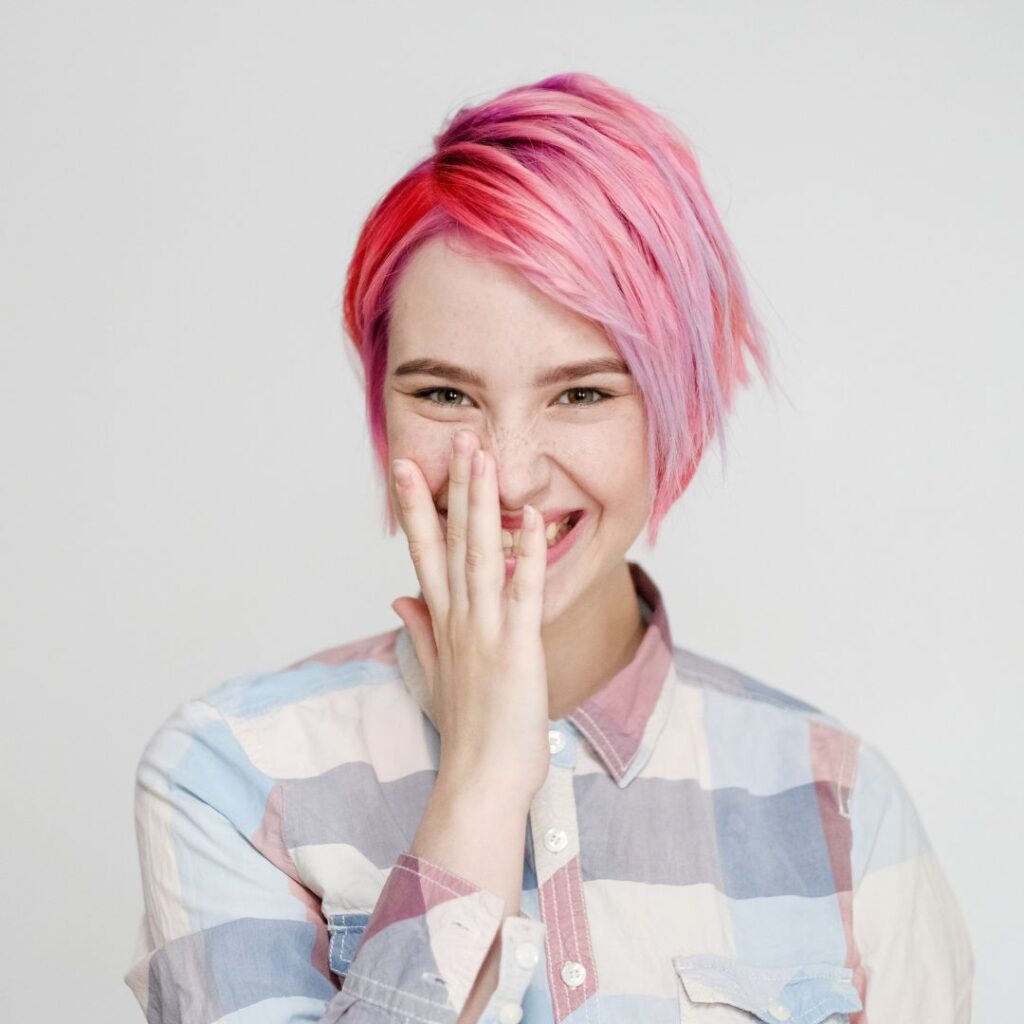
Sun damage of and sunscreen for the hair
The Condé Nast-owned Allure magazine has this to say, “If there is one thing we at Allure have in common with your dermatologist, it’s that we will never (ever) stop reminding you about the importance of wearing SPF daily. What many people don’t know about sun protection, though, is that sunscreen application shouldn’t just stop at the hairline. Your scalp — though it may be covered by your hair — and your hair itself are both at risk for UVA/UVB damage.”
Moreover, Hello Magazine, reported the following: “Frazzled, sun-scorched holiday hair should be a thing of the past thanks to the new wave of sun protection products for your hair.
“Wondering what hair sunscreen is? It does exactly what it says on the tin – protects your hair from UV rays. As tempted as you might be to just slather your skin and body SPF on your hair, hold off – you need an SPF specifically designed to protect those strands.
“Why does your hair need sun protection? Just like your skin, hair can be damaged by the sun’s rays too. ‘When UV rays penetrate the hair’s outer cuticle, they create highly reactive free radicals which damage the melanin pigment causing colour changes, and attack the protein structure of the hair, leading to thinning, breakage, and split ends,’ explains leading hair stylist Michael Van Clarke.”
He “suggests covering your hair where possible, especially in direct sunlight – think a chic, patterned scarf or cute bucket hat.” In addition, he also suggests packing a deep conditioning treatment to treat your hair post-swim and sun. “Replenish your hair daily with regular treatments. Holidays are an ideal time to treat your hair to the full deep conditioning treatment, like leave-in conditioners or pre-shampoo boosters.”
Another thing that Tammy, whom I mentioned earlier said, was that the beginning of hair health is undoubtedly scalp health. Yes, eating the right diet is a major boon in that direction, but what about massaging your scalp and using a scalp massage brush when it is wet. I prefer to use it once I have applied some conditioner so as not to break my hair. But it all helps to stimulate the all-important hair follicles and promote hair growth.

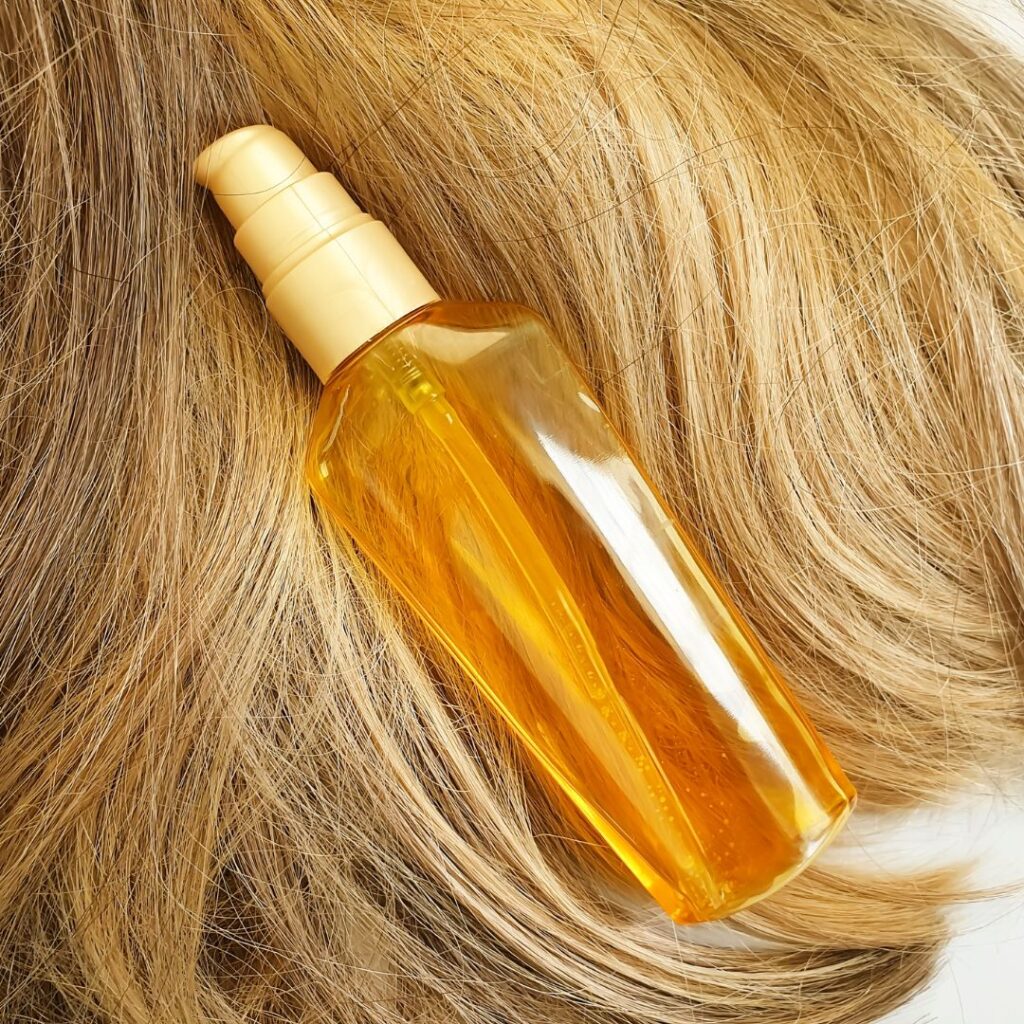
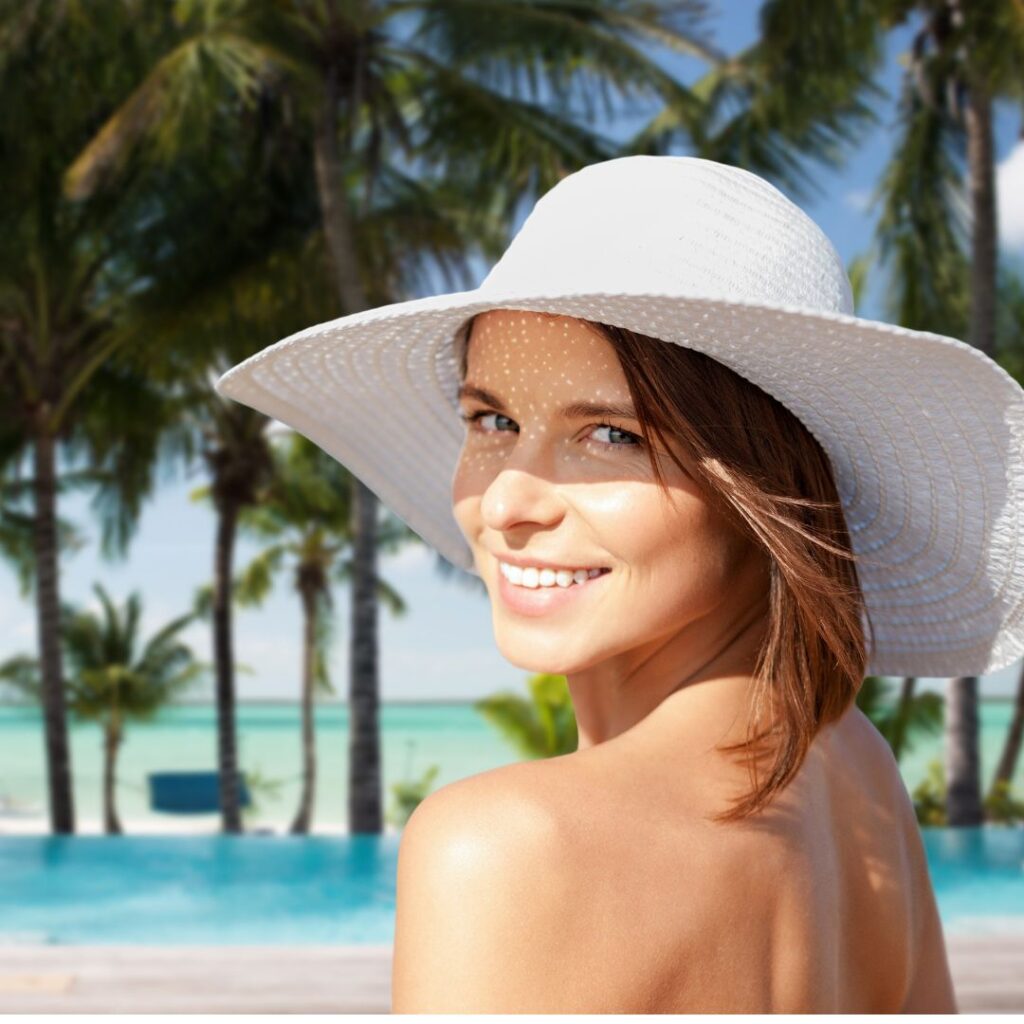
Caution about getting it straightened
That brings me to yet another important point I have to make: hair straighteners. I straighten mine from time to time, and my hairdresser has assured me that she does not apply the product to my scalp and is incredibly cautious with the application on the strands. But I must warn you that it has recently come to light that certain straightening products have a carcinogenic effect on women.
Far from being a scaremonger or trying to cause alarm, I mention this to create awareness. “Women who use chemical hair straighteners and relaxers may have a higher risk of uterine cancer, according to a new study from researchers at the US National Institutes of Health (NIH). The study findings were published on October 17, 2022, in the Journal of the National Cancer Institute.
Women of colour are especially at risk and these findings have led to a flurry lawsuits filed in the United States.
There are also gentler treatments available like Botox and Keratin that we can turn to help to keep the tresses looking good, shiny and in good nick. Which, in turn, brings me to sulphate-free products: essential for people using similar processes to me and/or have the texture I have. Read the labels on products to check it and specifically have a chat with your haircare professional.
While chatting with my hairstylist, I mentioned that I used a specific shampoo only to discover that it was not sulphate-free and the culprit for the damage to the ends of my hair.
I swapped it out for a sulphate-free natural product that is also free of parabens, other harmful substances as well as colourants and fragrances. I must say it has been like a breath of fresh air for my hair. And so I hope that some of your stresses around haircare are off wafting in the summer breeze somewhere and that you have gleaned even one nugget of value. Kindly let me know if you have learned anything.



Latest posts
For appearance’s sake
One day, while taking one of my customary walks, I became quite curious about a specific house in passing. It had clearly seen better days and was minus a layer or two of paint – weather-worn is probably the best…
Forgiveness – messy and raw
It is hard to forgive from the heart, that is for sure. Today we unpack: Forgiving yourself First, forgiving yourself for indiscretions done unwittingly and the forgiveness required when you have done something knowingly with, sometimes, reckless abandon. Secondly…
Effective communication saying nothing at all
Reading the room Are you good at “reading the room”? Is it even important for the solopreneur or leaders and owners of small businesses? And what exactly does it mean? Well, in a nutshell, it means understanding the subtle, non-verbal…
10 Misconceptions about forgiveness
In the context of being a Christian, I share lessons learnt about the nuances of forgiveness and specifically the misconceptions that bedevil the process of forgiveness and could hinder it taking place altogether. Perhaps, in some small way, it can…
Water: sensuous luxury for the soul
For me, life’s little luxuries are those little pleasures or comforts that make life worth living; not necessarily are these the most expensive items money can buy, though often they are, in a sense, priceless. I make the case for…
- Authenticity, professionalism and hope in a curated world - February 6, 2025
- Authentic epiphany watching the trailer for “With love, Meghan” - January 27, 2025
- Why Trump 2.0 delivered, and Jaguar not so much - November 27, 2024

